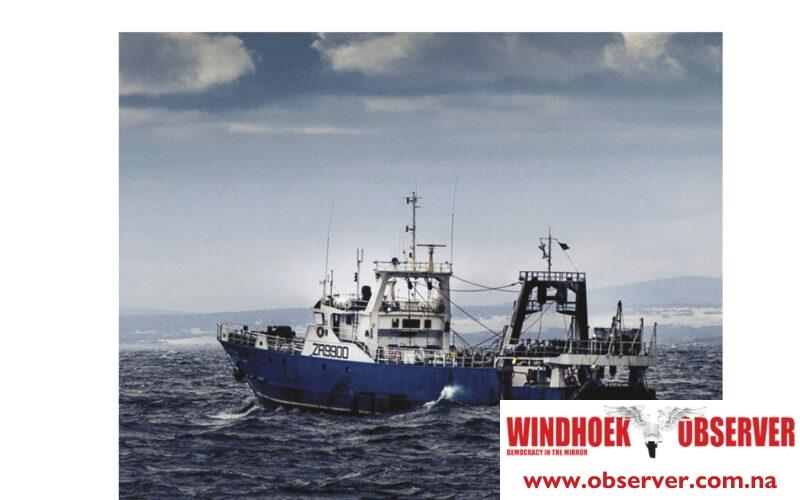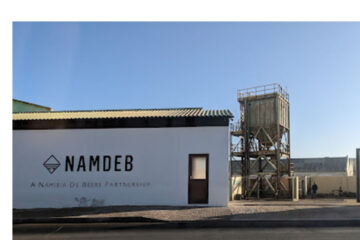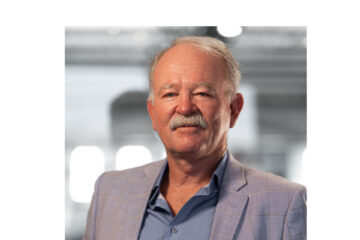Oceana Group Limited expects basic headline earnings per share (HEPS) for the six months ended 31 March 2024 will be more than 60% higher than the reported basic earnings per share (EPS) of 295.4 cents and headline earnings per share (HEPS) of 299.1 cents for the previously reported six months ended 31 March 2023.
Oceana announced on the Johannesburg Stock Exchange that EPS is expected to be between 573 cents and 603 cents representing an increase of between 94% and 104% compared to EPS of 295.4 cents reported for the comparative period; and HEPS is expected to be between 565 cents and 595 cents representing an increase of between 89% and 99% compared to HEPS of 299.1 cents reported for the comparative period.
“This strong first half performance is mainly attributable to Daybrook’s higher fishmeal and fish oil sales volumes at record US dollar fish oil pricing and a pleasing Lucky Star result following improved canned food sales volumes delivered in the month of March. Overall performance was moderated by lower Wild Caught Seafood sales volumes,” Oceana said.
Apart from Johannesburg Stock Exchange, the company is also listed on the Namibian Stock Exchange (NSX) and the A2X stock exchange in South Africa. Oceana operates across South Africa, Namibia and the United States.
The group operates 54 vessels and eight production facilities across three countries on two continents, selling products to customers in 41 countries.
For the year ended 30 September, Oceana’s Namibian business delivered a strong performance driven by record-high pricing, persistent consumer demand and good catch rates. The strong performance offset cost pressures associated with fuel and labour.
During 2023, Namibian horse mackerel landings were favourable, and the business was able to take advantage of the strong pricing for the resource.
“Looking ahead we anticipate increased catch rates in horse mackerel, hake and squid, following an easing of the La Niña effect, as well as continued strong demand and pricing in each of these species,” Oceana said in its forecast for 2024.
Given the low TAC of pilchard in South Africa and Namibia’s longstanding moratorium on pilchard fishing, Oceana procure most of the raw material for canning internationally as frozen fish.
In terms of challenges, Oceana has cited the low South African and Namibian horse mackerel catch rates, the procurement cost of Namibian horse mackerel quota which it said is becoming commercially unviable, the cost of fuel, including the move to low-sulphur fuel, the inability to pass on costs to end consumer , scarcity of critical vessel skills and changes in legislation.




